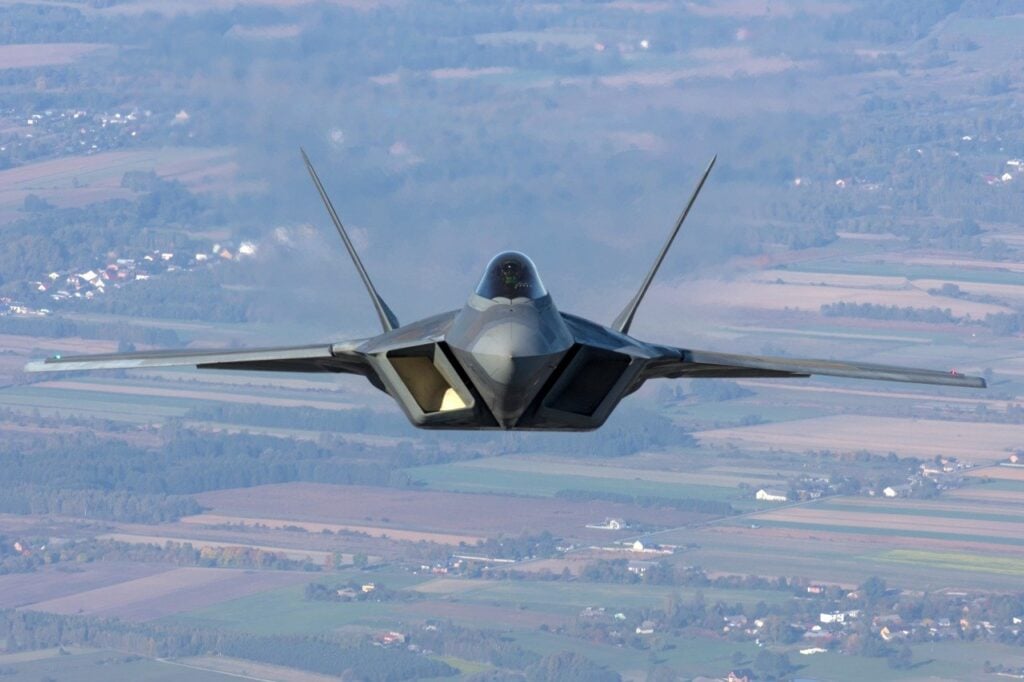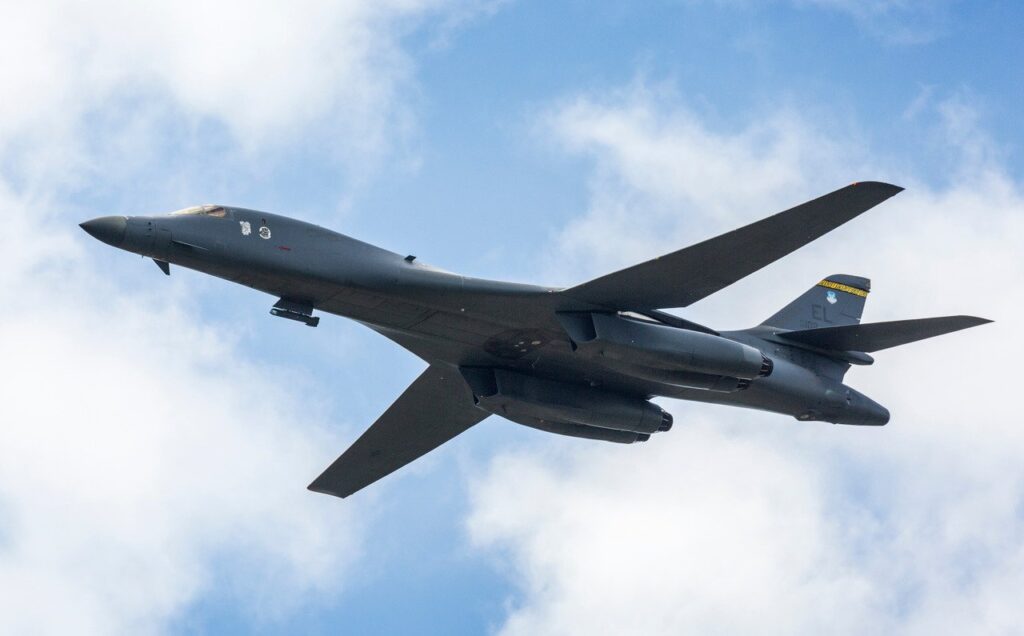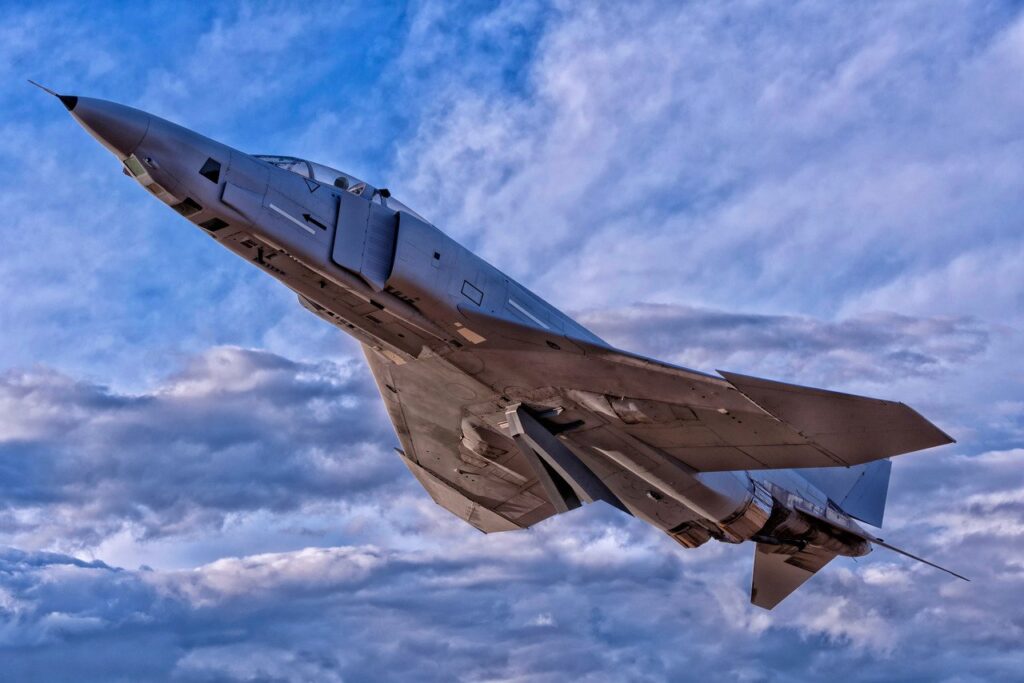
Stealth Surprise: How an F-117 Nighthawk Stealth Fighter Mysteriously Crashed
Out on Highway 525, Massy’s son spotted a Sheriff’s Office vehicle and ended up handing over Mills to Deputy House. Had the project still been a major secret, the evidence would have literally been scattered around a trailer park in plain view. Thankfully for the Pentagon, the crash didn’t appear to let any remaining undisclosed information slip out.
Sitting in her trailer home fewer than 20 miles from Holloman Air Force Base in New Mexico, Carolyn Massy didn’t think much of it when she heard a military jet fly overhead. But on the hot summer night of Aug. 4, 1992, she heard one loud bang — and then another.
“My husband and sister were out there in the yard looking at the fire,” Massy later toldU.S. Air Force investigators, according to an official transcript. “My husband looked up and said, oh my gosh, there’s the pilot — he was floating right across the trailer.”
As her husband helped the aviator, Massy dialed 9–1–1. Grateful for the help and with a small laceration on his chin, the slightly shaken Air Force captain John Mills quickly called his unit at Holloman.
“After it happened, he was out in the yard looking at the crash, when he grew more upset,” Massy noted. “I thought he did very well under the circumstances.”
What she probably didn’t know at the time was that their unexpected guest had just bailed out of one of the Air Force’s super-secret F-117 Nighthawk stealth fighters. Four years earlier, the Pentagon was still denying the black planes even existed.
Massy’s recollections, along with statements from Mills, other Air Force officials, local authorities and additional witnesses are all in the official accident investigation. In 2014, the flying branch put a copy of the record on its Freedom of Information Act website.
The report describes the kind of response you can expect if a secretive military aircraft comes down in your backyard. While the Pentagon revealed the Nighthawk to the public in 1988, the Air Force was very guarded about the jets for some time afterward.
Massy’s recollections, along with statements from Mills, other Air Force officials, local authorities and additional witnesses are all in the official accident investigation. In 2014, the flying branch put a copy of the record on its Freedom of Information Act website.
The report describes the kind of response you can expect if a secretive military aircraft comes down in your backyard. While the Pentagon revealed the Nighthawk to the public in 1988, the Air Force was very guarded about the jets for some time afterward.
To fool Soviets spooks and the public that the Corsairs were the real stars of the show, the flying branch painted the jets in a unique camouflage scheme. Crews built up at least one fake equipment pod nicknamed the “Klingon Cloaking Device” — a reference to the T.V. show Star Trek — to help keep up appearances.
Recommended: Forget the F-35: The Tempest Could Be the Future
Recommended: Why No Commander Wants to Take On a Spike Missile
Recommended: What Will the Sixth-Generation Jet Fighter Look Like?
The Pentagon considered sending the Nighthawks to bomb Libya in 1986, but ultimately decided not to, in order to protect the project’s secrecy. The F-117s made their combat debut over Panama in 1989.
But the flying branch was in no hurry to reveal the the black plane’s secrets. Other units — and even the Nighthawk pilots themselves — often seemed to be in the dark about the jets.
“There were times when we weren’t cleared into how well we were stealthy against the threat,” Air Force colonel Thomas Shoaf, at one time the commander of the F-117 Weapons School, told conference attendees in London in 2008, according to an article in Air & Space Magazine. There was “a perception in the combat air forces that the F-117 was none of their business.”
When Mills came down in New Mexico it seems like this attitude might have been on the way out. He had been out on a routine nighttime training mission.
“He seemed fine. Almost too cool,” Otero County Sheriff’s Office deputy Ben House, who took Mills to the Holloman base hospital, told his Air Force interviewers. “I thought he’d be pretty stressed out, but he seemed pretty cool.”
“He didn’t seem upset. He was concerned”
The transcript of Mills interview does not include any questions and answers about what the officer did or didn’t tell his rescuers. The investigators did ask him about his family life and what he had to eat and drink before the mission.
The Air Force found that someone had installed an air duct wrong, causing a series of failures and the crash. The flying branch didn’t hold Mills responsible for the crash.
The accident did highlight why the service had previously kept the Nighthawks tucked away at Tonopah. When the F-117 hit the ground, it became a spectacle — and sent potentially classified debris flying through people’s homes.
“I had a piece of landing gear door slice through the rear bedroom,” Tom Dellacorino stated. “Had a hydraulic fitting come through the front window.”
“Did you go over to the accident site or just physically — ” the investigator started to ask. “I physically got the Hell out of there, cause I didn’t know what he was carrying,” Dellacorino said, cutting off the official and referring to possible weapons on the F-117.
The Otero County Sheriff’s Office was the first at the actual crash site and set up a perimeter and made sure no one who shouldn’t have been there was lurking around. Local firefighters then arrived to put out the blaze. At first, the officers weren’t sure what had happened.
“The only reason I could tell what it was, was cause of the V-tail,” said Ted Eldridge, an Otero County narcotics agent, apparently not knowing exactly what he was looking at. “I knew right then it was an airplane.”
And though Mills had called in, officials at Holloman still didn’t have a good idea of where he was. After some debate, Massy’s son decided to just take him back to the base himself.
“They called back a several times just trying to find out where we lived,” she explained. “No one ever showed up to get him out here, I guess they couldn’t find the place.”
Out on Highway 525, Massy’s son spotted a Sheriff’s Office vehicle and ended up handing over Mills to Deputy House. Had the project still been a major secret, the evidence would have literally been scattered around a trailer park in plain view. Thankfully for the Pentagon, the crash didn’t appear to let any remaining undisclosed information slip out.
In the end, the Air Force kept flying the Nighthawks from Holloman for more than 15 years. By the time Serbian troops shot one of the jets down in March 1999, the service had already moved on to the next generation of stealth planes, the F-22 fighter and B-2 bomber.
In 2008, the flying branch officially retired the jets and put them in storage at Tonopah. Five years later, aviation enthusiasts spotted at least two of the aircraft flying over Nevada.
In April 2016, Congress moved to strip all funds for the jets from the defense budget. The decision would send the remaining Night Hawks into retirement for good.
This piece was first published by WarIsBoring here.
Image Credit: Creative Commons/Flickr.


